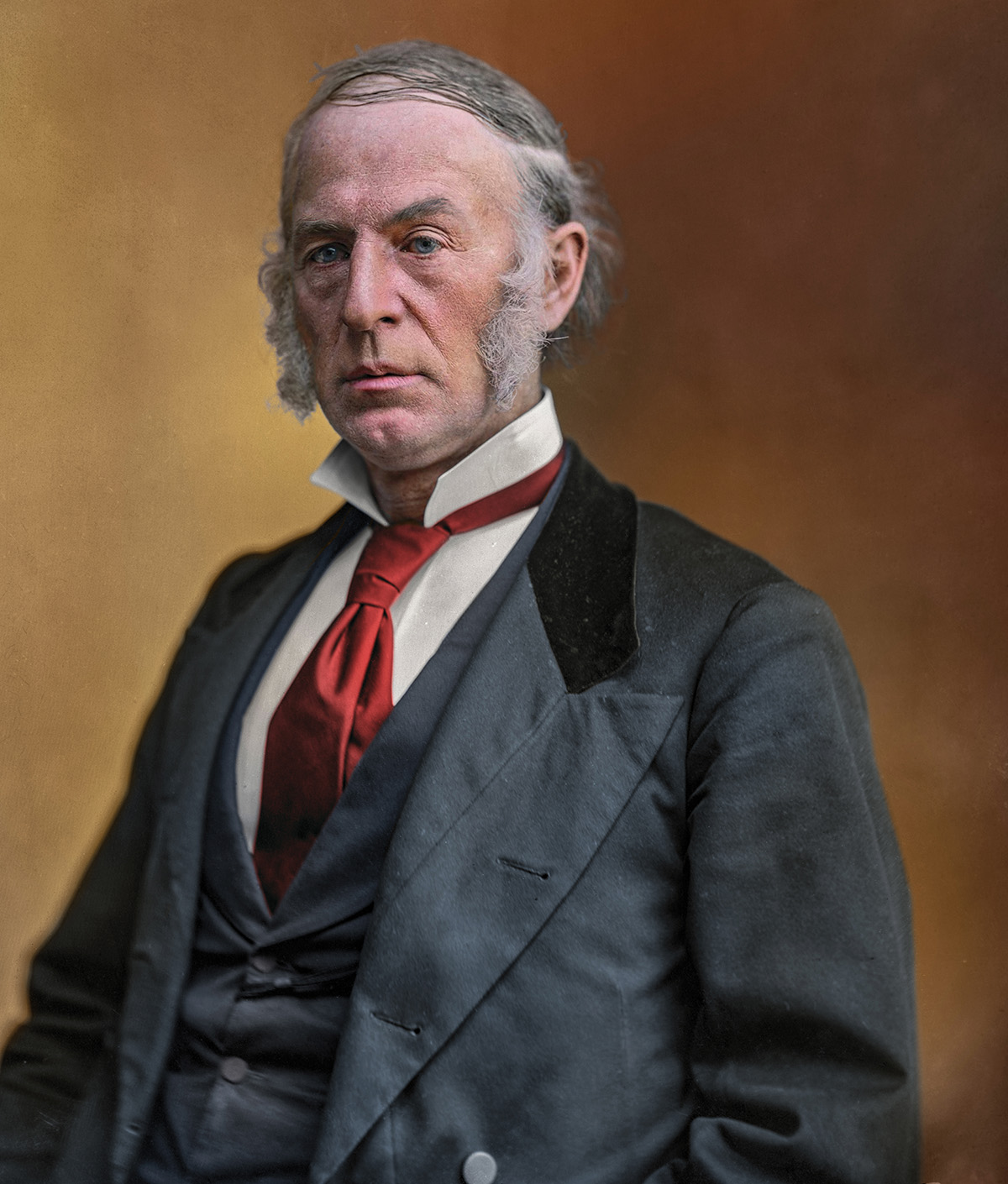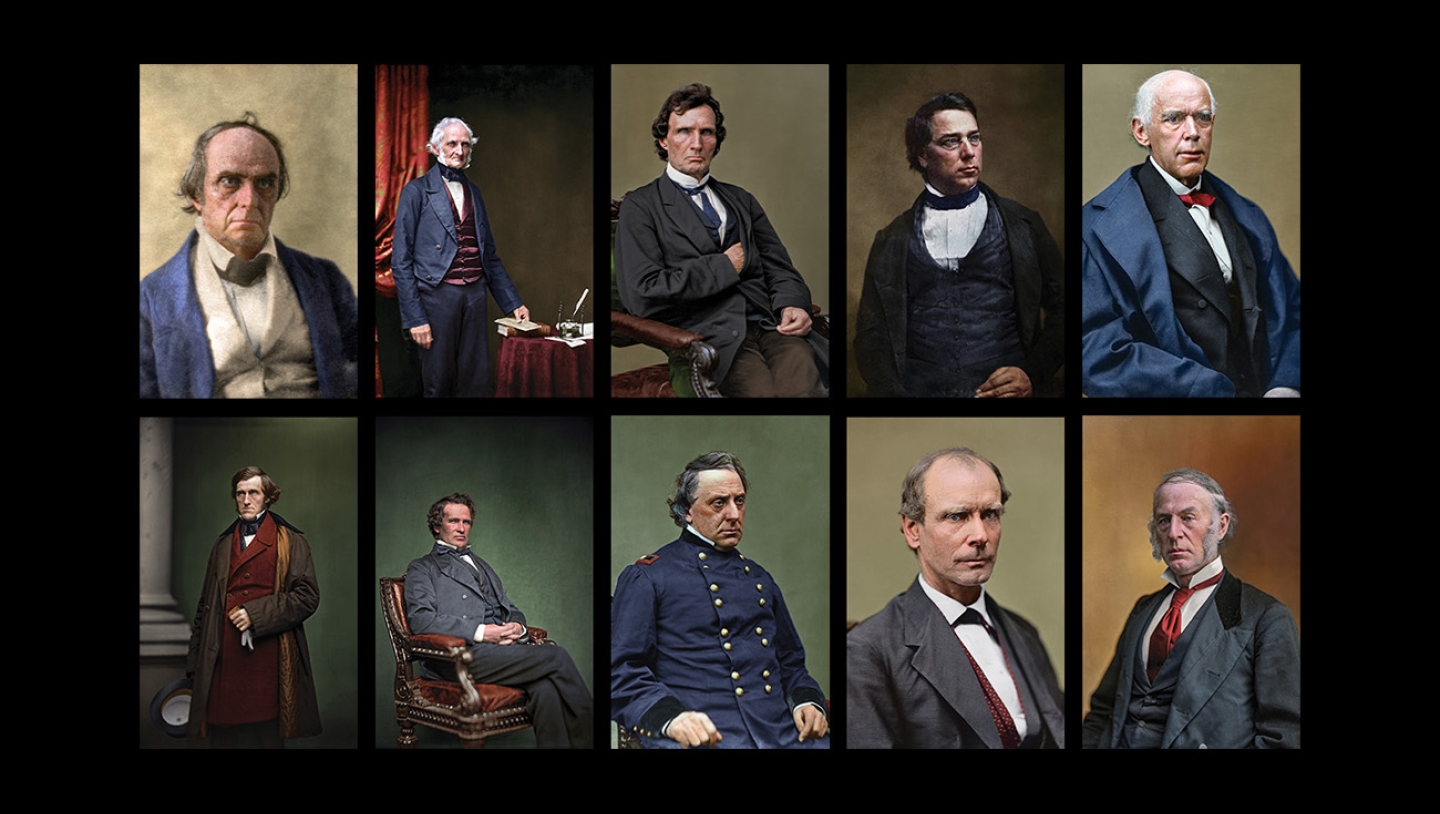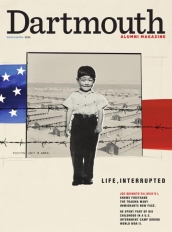“Black Dan” had been summoned. Or at least invited. And so Daniel Webster, class of 1801, found himself heading down Broadway to the New York City studio of photographer Mathew Brady in June 1849. Webster, then a senator from Massachusetts, was about to become the latest dignitary to formally pose for Brady, who had already captured daguerreotypes of each justice of the U.S. Supreme Court and several members of Congress.
The cameraman found the great orator somewhat theatrical, according to Brady biographer Robert Wilson. He reports that Webster wore an “attention-getting blue coat with gleaming gold buttons” and spoke with his usual eloquence as he took a seat under the studio skylight: “Use me as the potter would clay, Mr. Brady.”
Five lengthy exposures later—each one required several long minutes of absolute stillness—the session ended.
Brady later remembered that Webster “had a grave, noble, dignified face, large, luminous dark eyes full of lustre, and a high, broad forehead.” The image appeared in Brady’s 1850 portrait collection, The Gallery of Illustrious Americans.
Brady later became known as the father of photojournalism for his Civil War battlefield images. He and his team also took more portraits, including 18 presidents, many war officers, and at least 10 prominent Dartmouth alums—the College’s own Brady Bunch.
The following photographs are from the Library of Congress and the U.S. National Archives. Thanks to the magic of artist Sanna Dullaway, they appear here in color for the first time.
Daniel Webster (1782-1852)
- U.S. secretary of state, U.S. senator, member of Congress
- Entered Dartmouth at age 15
“Sir, you may destroy this little institution; it is weak, it is in your hands! I know it is one of the lesser lights in the literary horizon of our country. You may put it out! But, if you do so, you must carry through your work! You must extinguish, one after another, all those greater lights of science which, for more than a century, have thrown their radiance over our land! It is, Sir, as I have said, a small College. And yet there are those who love it.”
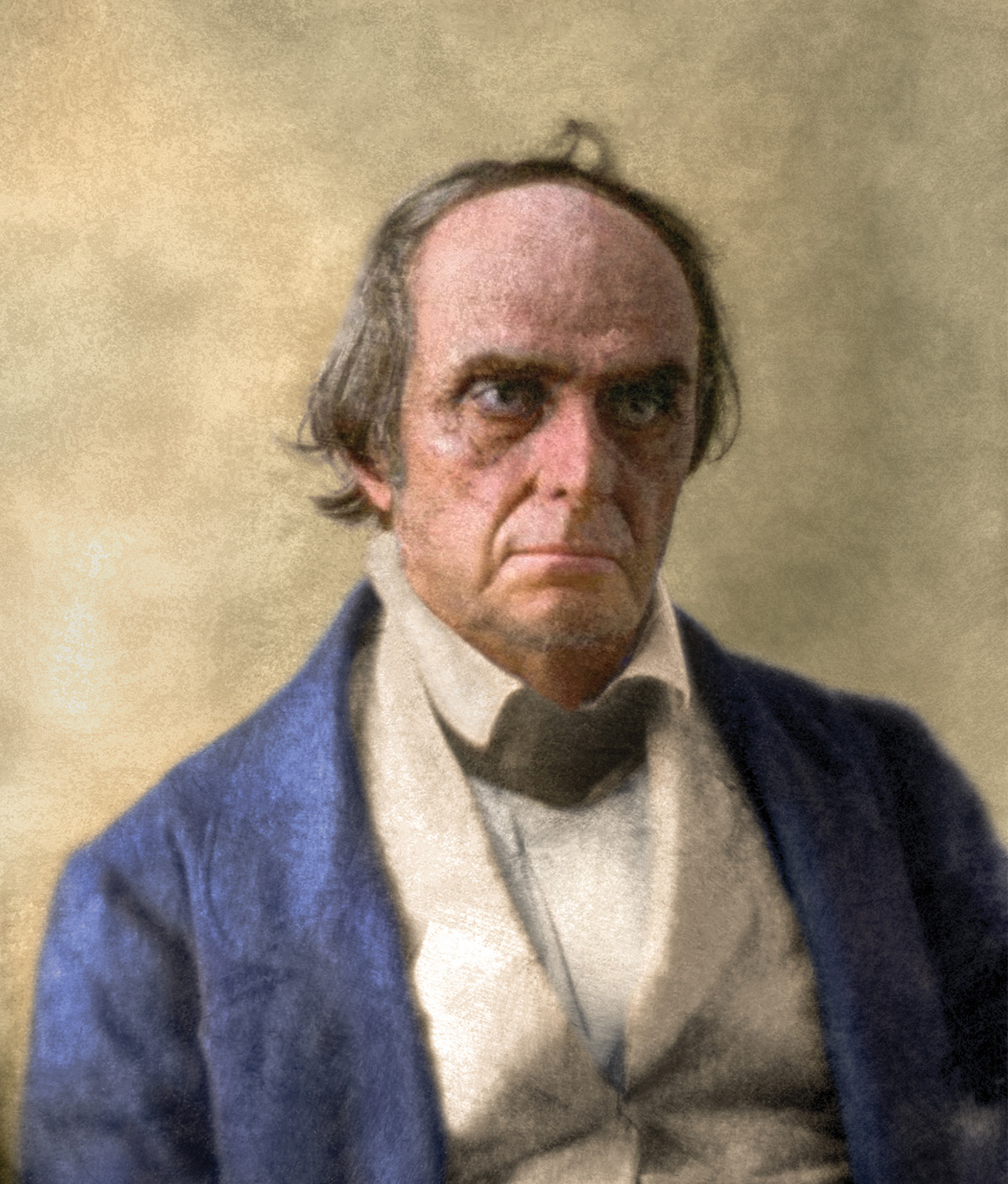
Amos Kendall (1789-1869)
- Adviser to President Andrew Jackson, U.S. postmaster general
- As postmaster from 1835 to 1840, improved mail delivery speed and rooted out corruption
- Looked the other way when postal officials in the South refused to deliver abolitionist literature, which he deemed “incendiary”
- Helped found Gallaudet University in Washington, D.C., to serve deaf students
“On the whole, if there is more extravagance, folly, and corruption anywhere in the world than in this city [Washington, D.C.], I do not wish to see that place.”
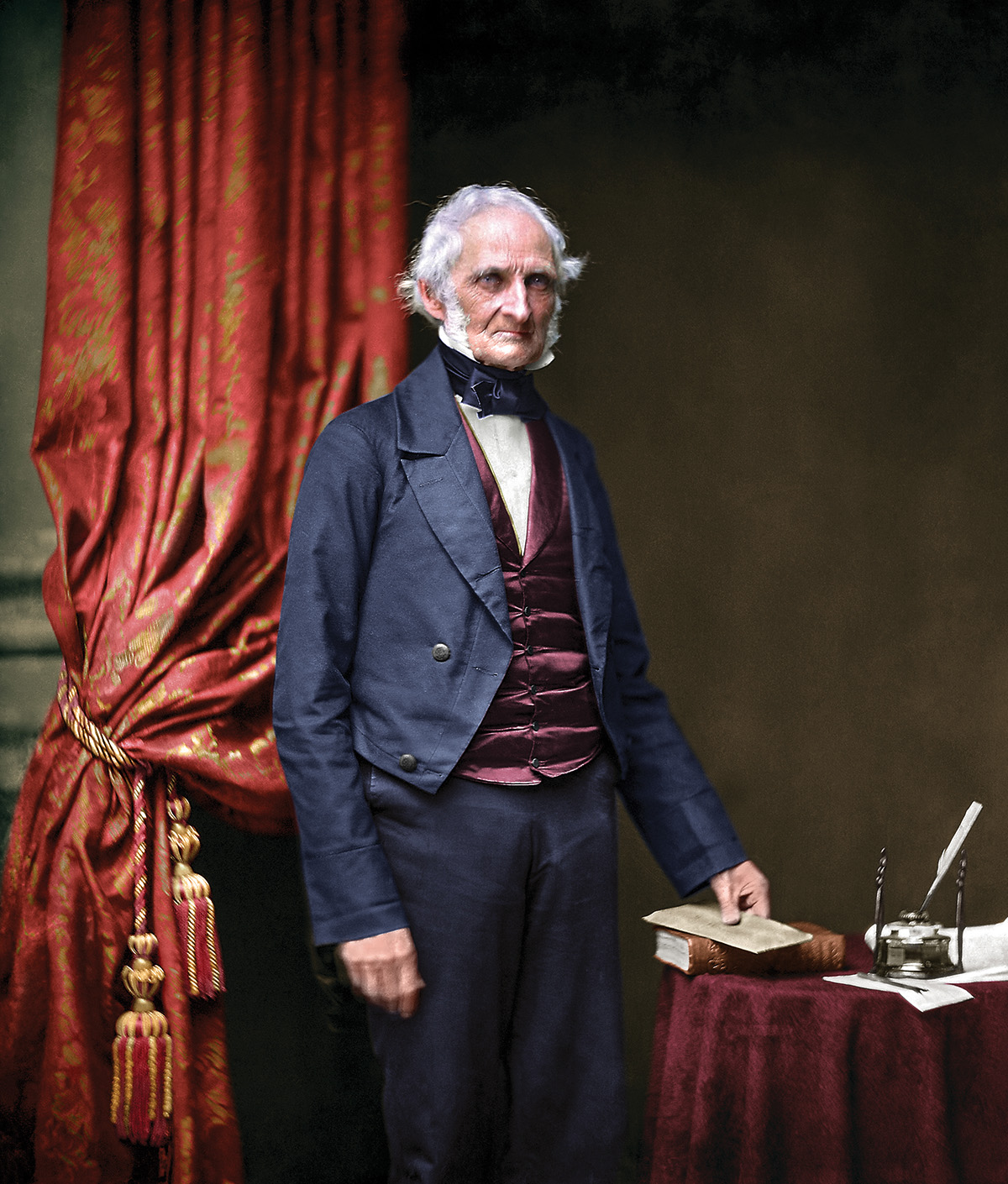
Thaddeus Stevens (1792-1868)
- Member of Congress
- Taught by John Wheelock, son of Dartmouth founder Eleazar Wheelock
- Chair of U.S. House Ways and Means Committee during Civil War, and Appropriations Committee during Reconstruction
“Call you this a free Republic when four million are subjects but not citizens?”
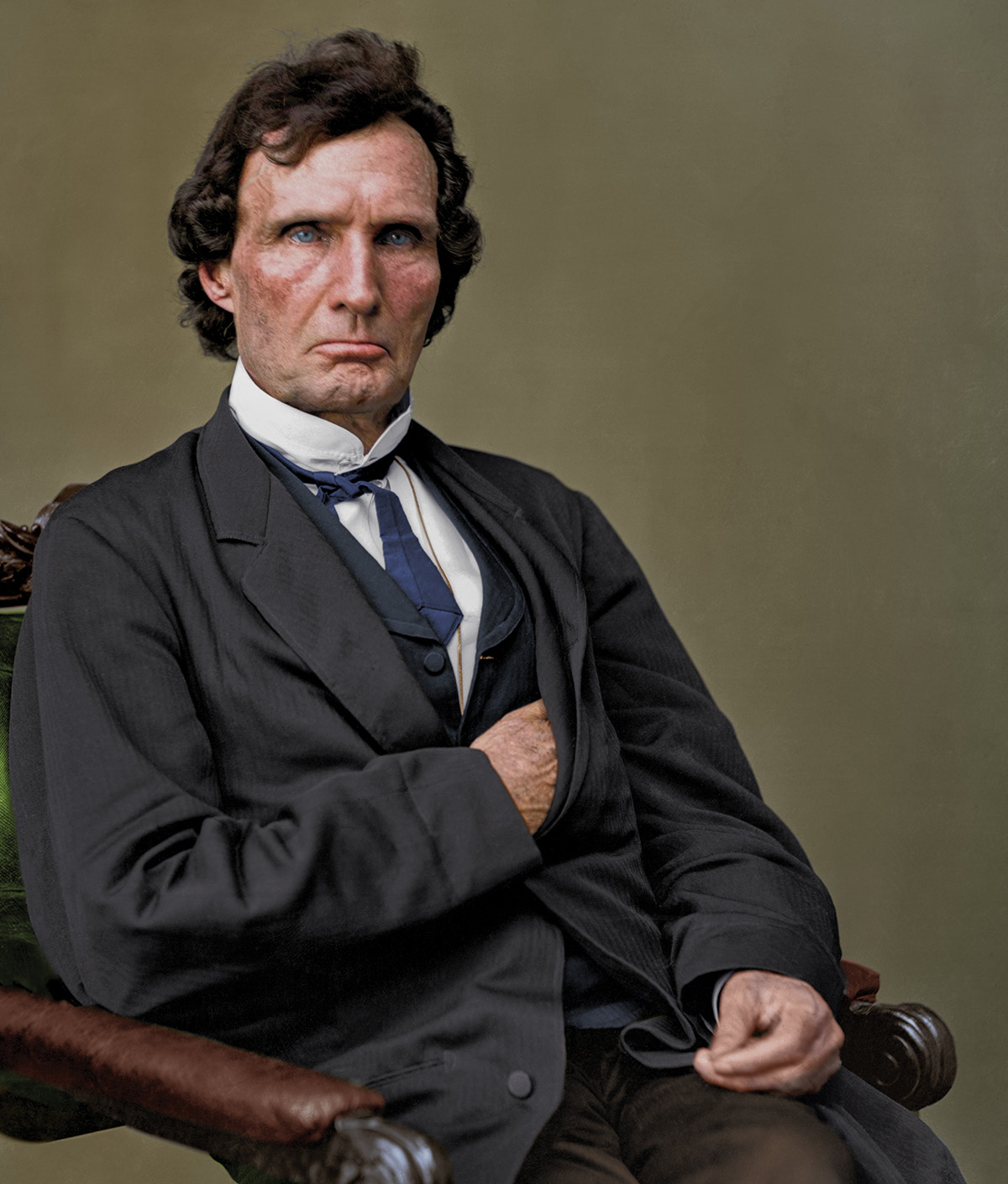
George Perkins Marsh (1801-1882)
- Environmentalist, diplomat, member of Congress
- A founding father of the environmental movement and early backer of the Smithsonian Institution
- Wrote Man and Nature (1864), which challenged the notion that humans had little impact on nature and warned of climate change
“Sight is a faculty; seeing, an art.”
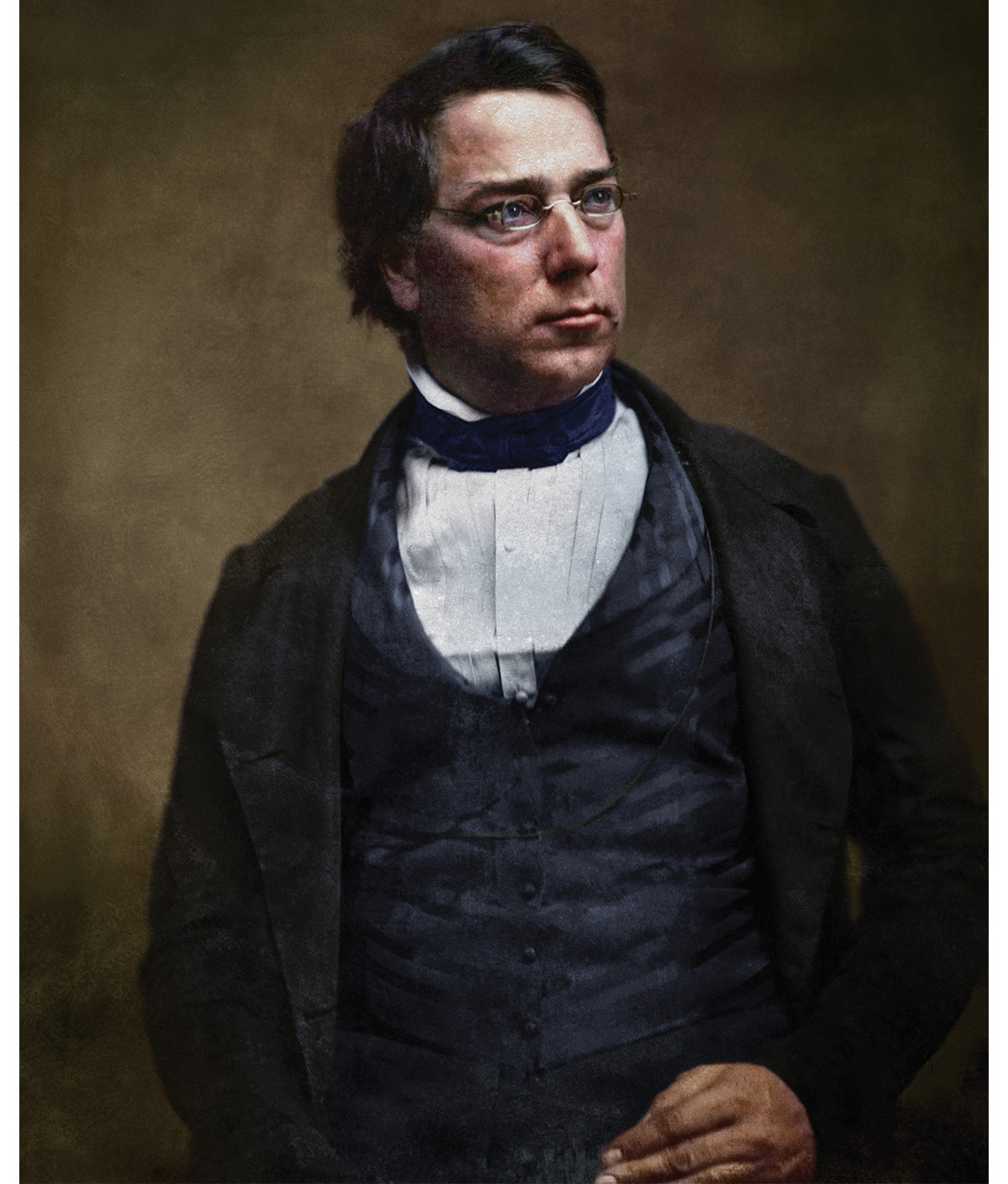
Salmon P. Chase (1808-1873)
- Chief justice of the U.S. Supreme Court, secretary of the U.S. Treasury, U.S. senator, governor of Ohio
- Helped create the national banking system and paper money
- Proponent of putting “In God We Trust” on coins
- Appeared on the $1 and $10,000 bill
“As the engravers thought me rather good looking, I told them they might put me on the end of the one-dollar bills.”
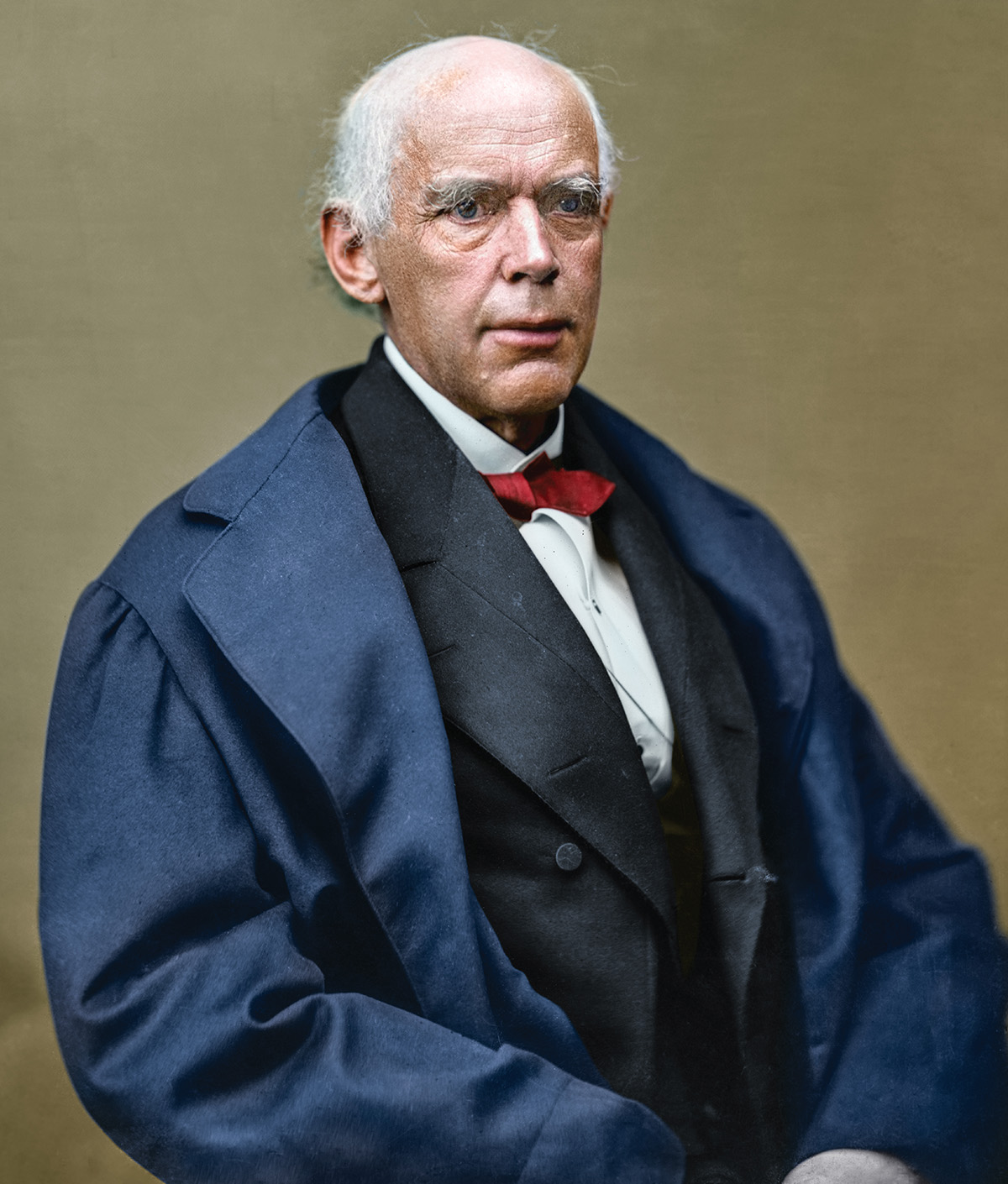
Daniel Clark (1809-1891)
- U.S. district court judge, U.S. senator, member of New Hampshire State Legislature
- In July 1861—three months after the Civil War started—sponsored a resolution to expel all Southern senators from their seats. It passed immediately
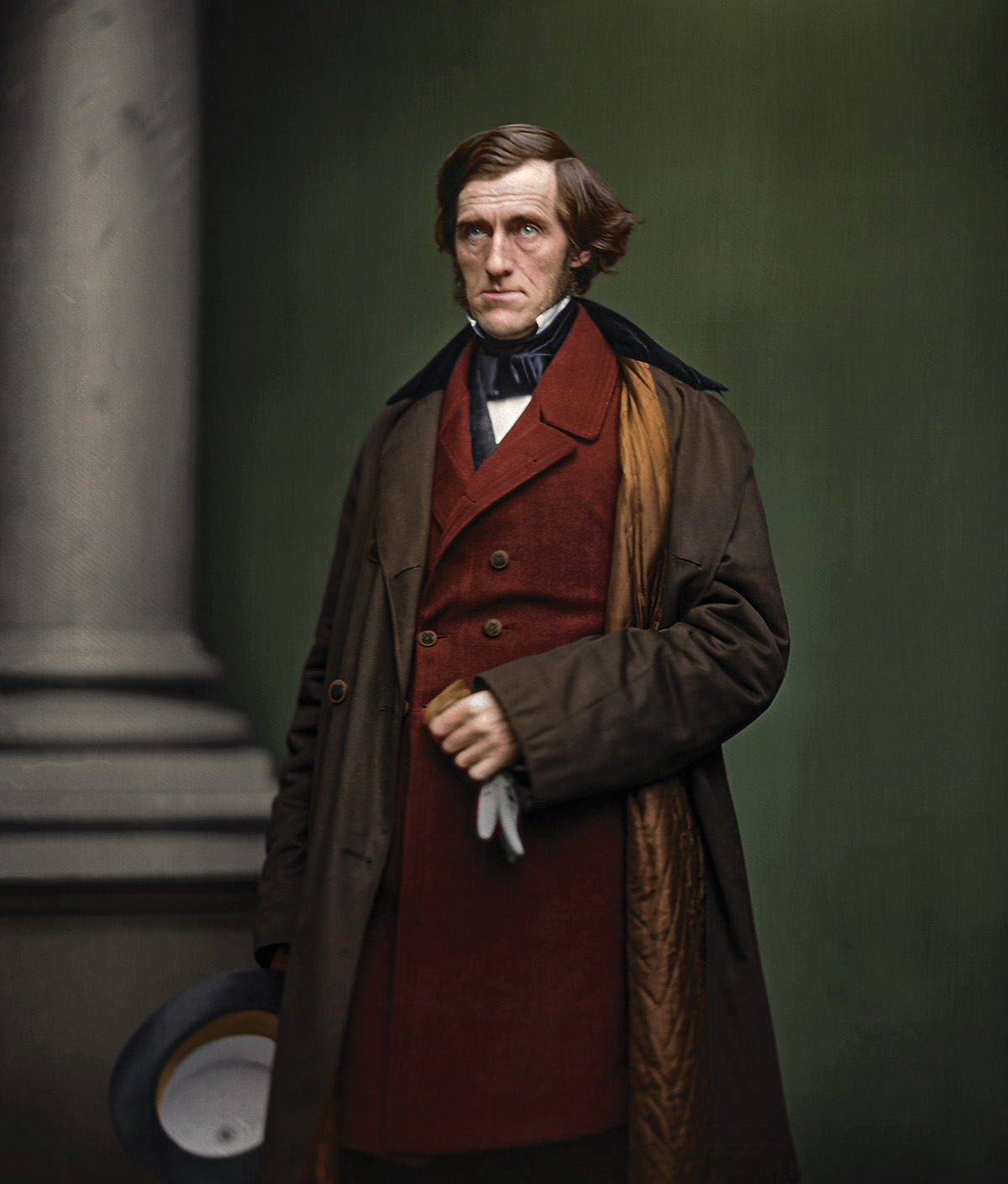
James Wilson Grimes (1816-1872)
- U.S. senator, third governor of Iowa
- Established first agricultural journal in Iowa, The Iowa Farmer and Horticulturist
- Introduced bill to create the Medal of Honor
“It is money that achieves success ... nowadays. Thank God, my political career ended with the beginning of this corrupt political era.”
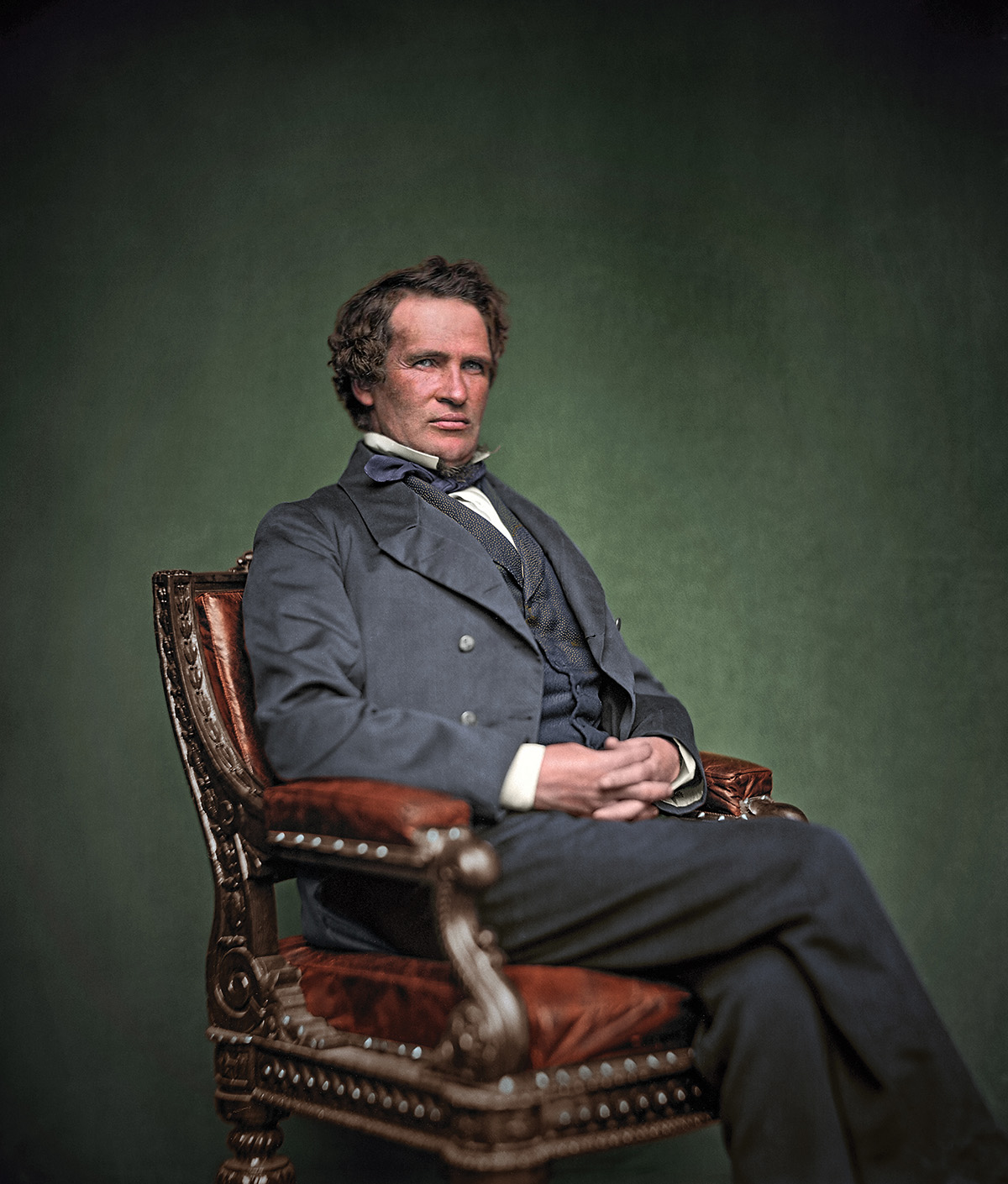
Gilman Marston (1811-1890)
- U.S. senator, member of Congress, U.S. Army colonel
- Saw initial combat during the First Battle of Bull Run in July 1861, where he was wounded in the arm
- Represented New Hampshire in Congress and appointed to the U.S. Senate in 1889
“If these doctors try to cut off my arm, shoot them. I want to sleep.”
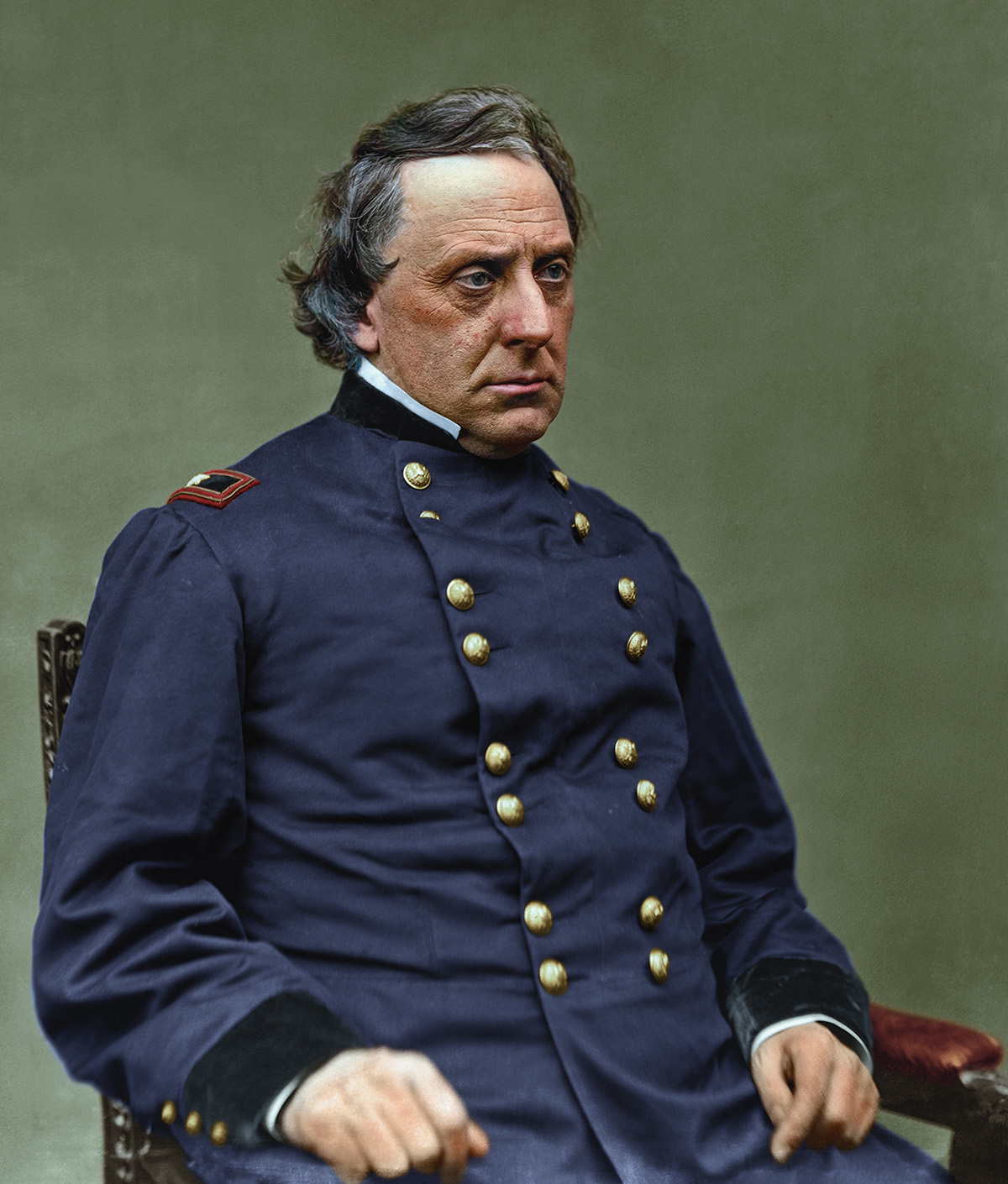
Amos Akerman (1821-1880)
- U.S. attorney general
- During Reconstruction, used an innovative litigation strategy to convict Klansmen of atrocities that local authorities ignored
- Worked with David Corbin, class of 1857, the U.S. district attorney for South Carolina
- Featured in March/April 2021 DAM article by Allan A. Ryan ’66
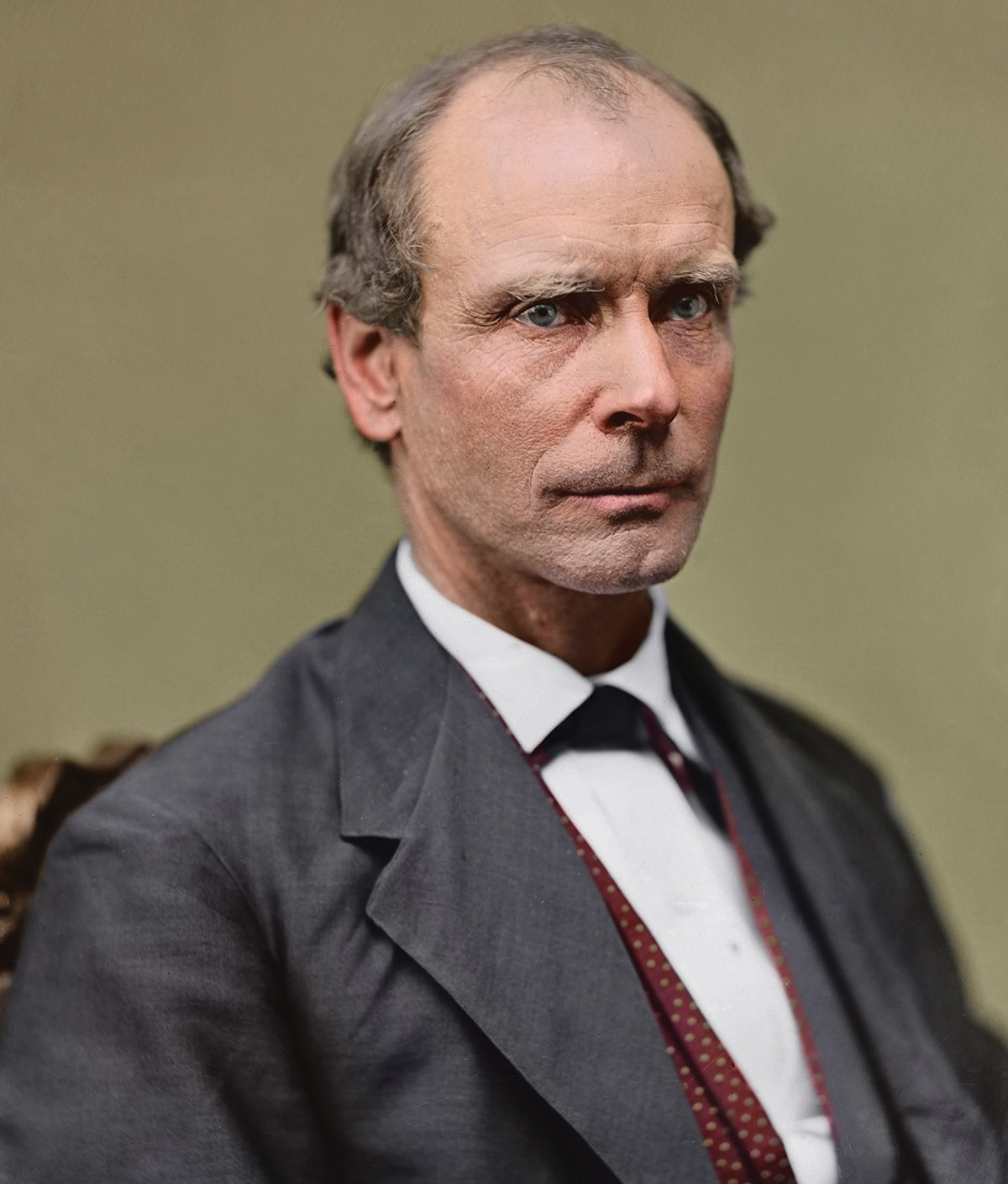
James Willis Patterson (1823-1893)
- Member of Congress, member of New Hampshire State Legislature, professor
- Taught mathematics, astronomy, meteorology, and oratory at Dartmouth
- Evaded punishment for involvement in 1872 Crédit Mobilier financial scandal when his term in Congress ended
“When power flows back into the hands of the people it only returns to its original and rightful source; but when it passes up into the hands of a usurper, the reign of despotism is inaugurated.”
